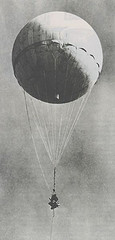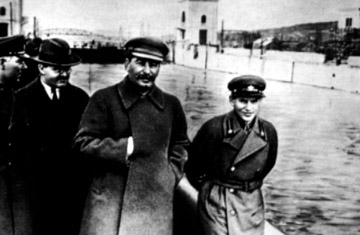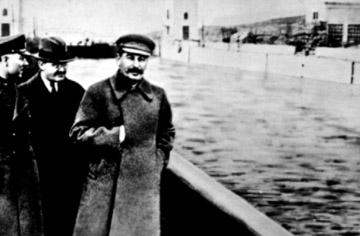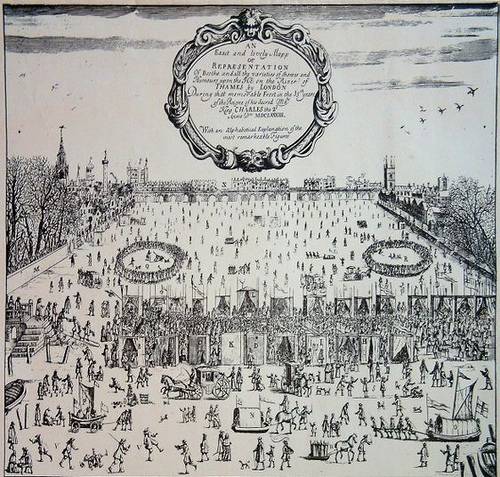
In early 1945, Americans in western states began to notice something odd. Explosions were heard from Alaska to California, and some people reported seeing parachutes and balloons in the sky.
Newsweek ran an article titled “Balloon Mystery” but was soon contacted by the U.S. Office of Censorship, which was trying to keep the story quiet. It seems the Japanese were using balloons to float bombs over the continental United States. At first it was thought the balloons were being launched from North American beaches, but scientists who studied the sand in their sandbags eventually determined they had been launched from Japan itself. The jet stream could carry a high-altitude balloon across the Pacific in three days.
Japan, it turned out, had launched more than 900 such balloons, and 300 have been found in America. The censorship prevented any word of success from reaching Japan, so the project was soon discontinued. But there was, sadly, some success: On May 5, 1945, a 13-year-old girl tried to pull a balloon from a tree during a church picnic. It exploded, killing a woman and five children.







